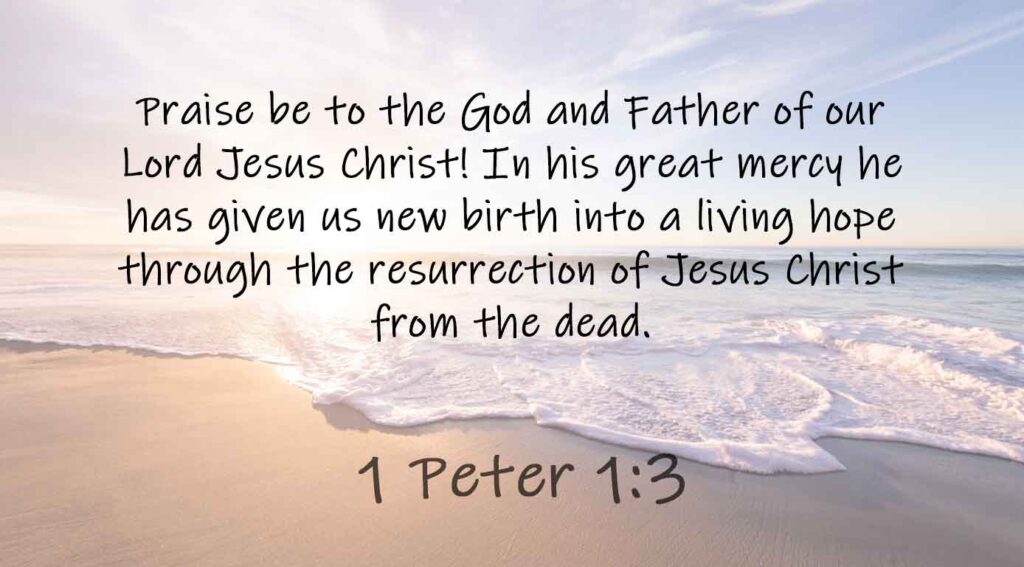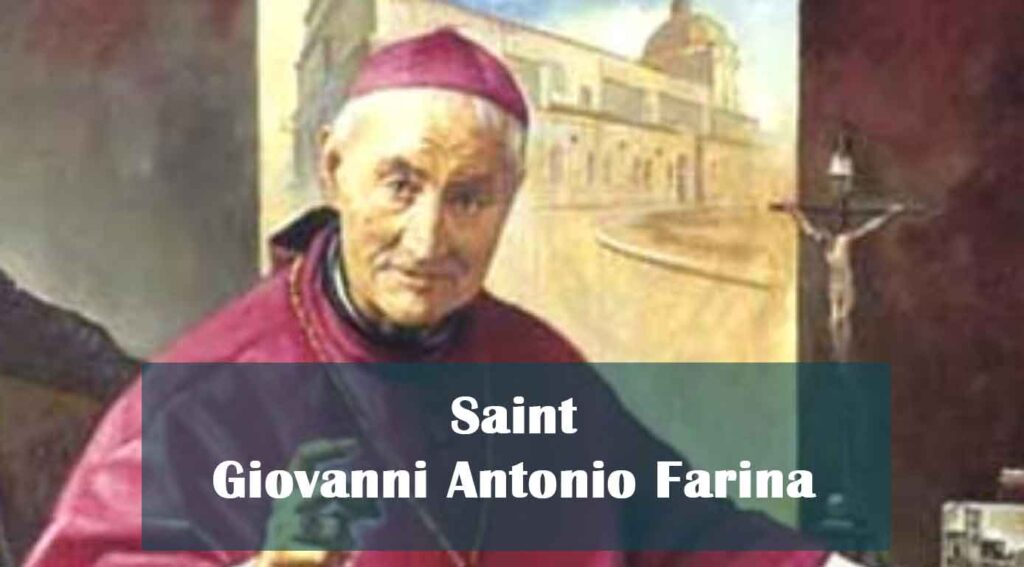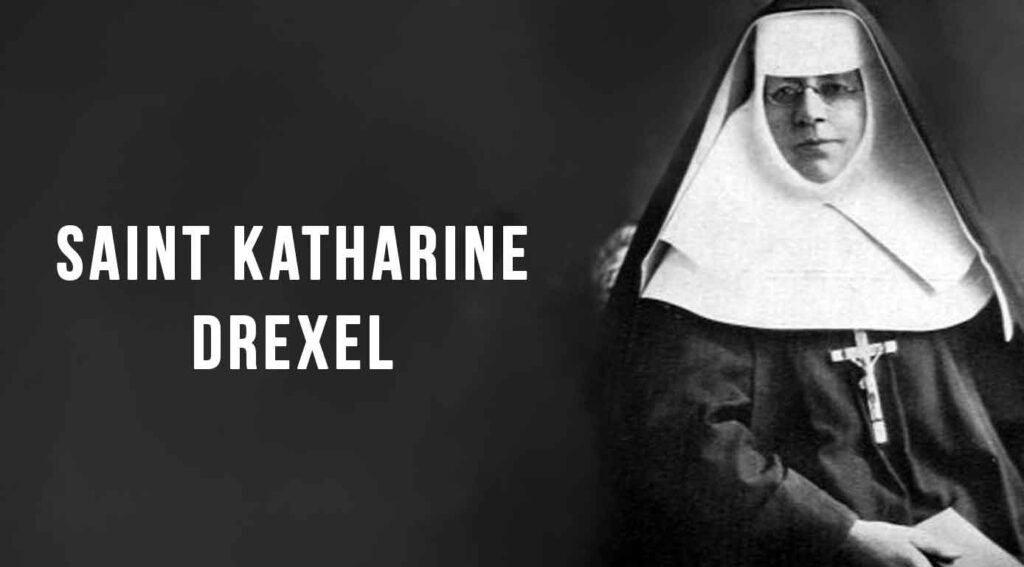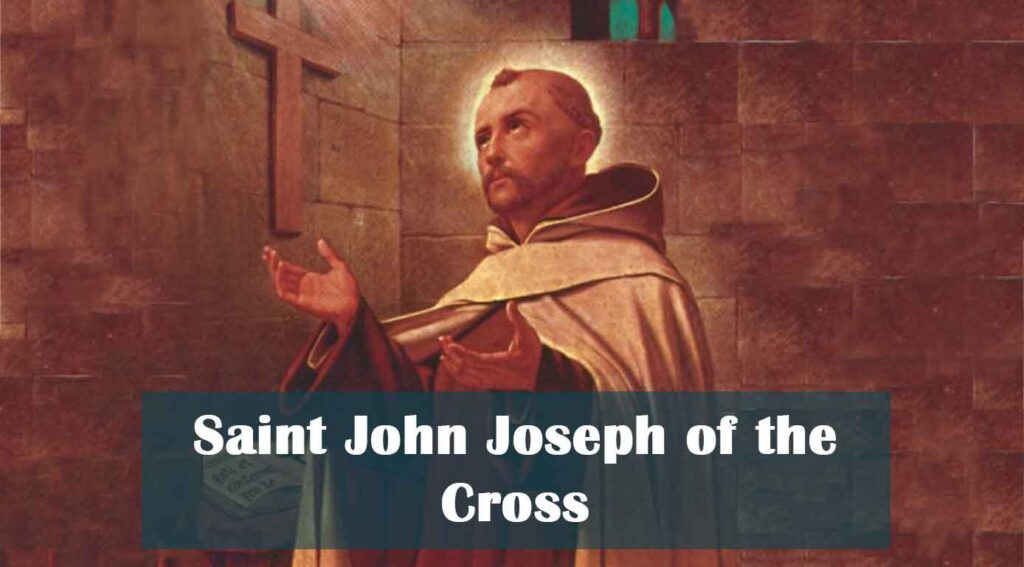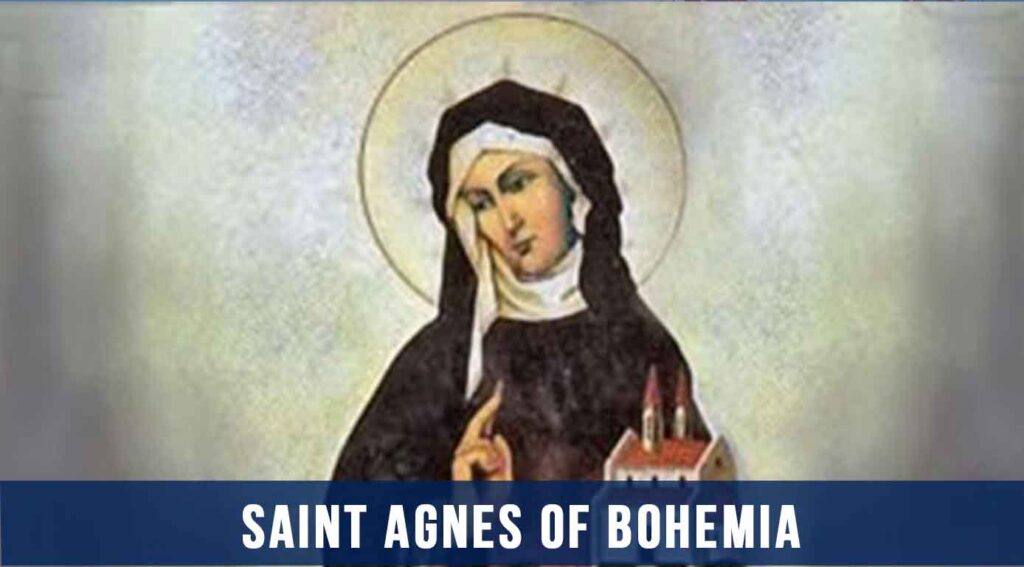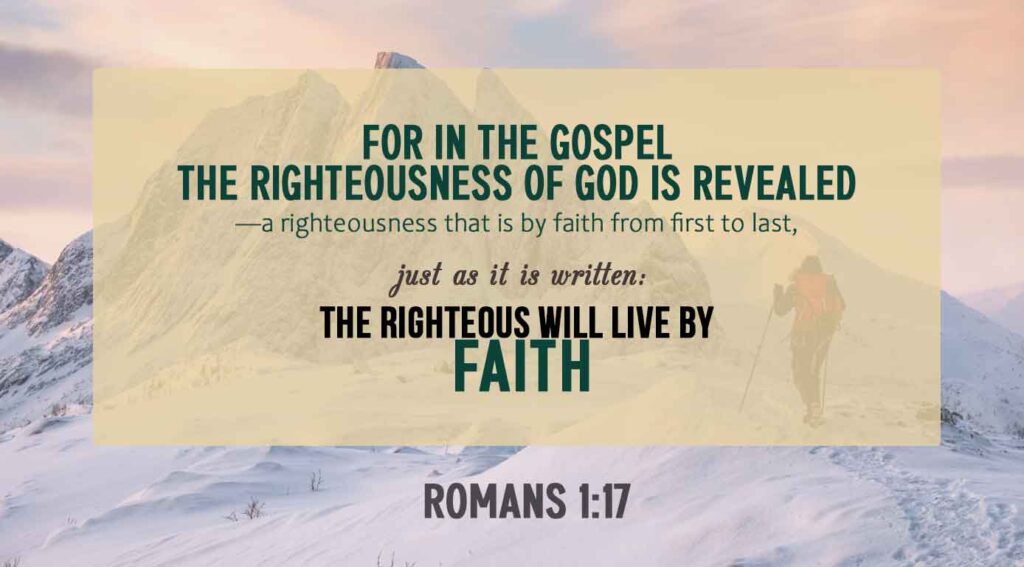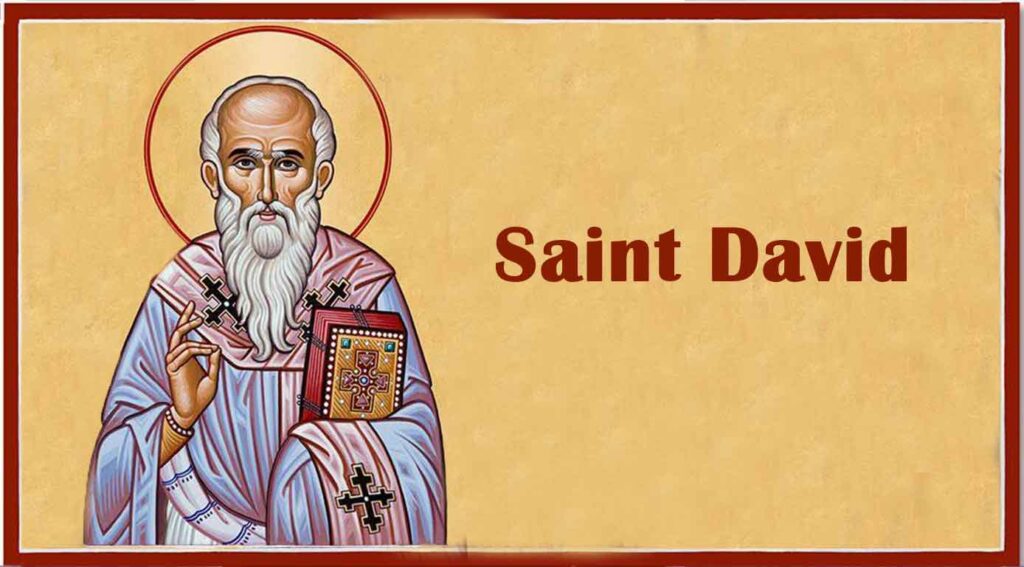Psalm 112:5
Verse:
“Good will come to those who are generous and lend freely, who conduct their affairs with justice.” - Psalm 112:5
Psalm for the Sick
O Lord, in your anger punish me not; in your wrath chastise me not. For your arrows have sunk deep in me; your hand has come down upon me. There is no health in my flesh because of your indignation; there is no wholeness in my bones because of my sin. For my iniquities have overwhelmed me; they are like a heavy burden, beyond my strength. Noisome and festering are my sores, because of my folly. I am stooped and bowed down profoundly; all the day I go in mourning. For my loins are filled with burning pains; there is no health in my flesh. I am numbed and severely crushed; I roar with anguish of heart. O Lord, all my desire is before you; from you my groaning is not hid. My heart throbs, my strength forsakes me; the very light of my eyes has failed me. For I am very near to falling; and my grief is with me always. Indeed, I acknowledge my guilt; I grieve over my sins. Forsake me not, O Lord,; my God be not far from me! Make haste to help me, O Lord, my salvation. Let me know, O Lord, my end and what is the number of my days, that I may learn how frail I am. A short span you have made my days, and my life is as nought before you; only a breath is any human existence. Hear my prayer, O Lord, to my cry give ear; to my weeping be not deaf! For I am but a wayfarer before you, a pilgrim like all my fathers. Turn you gaze from me that I may find respite, ere I depart and be no more.



